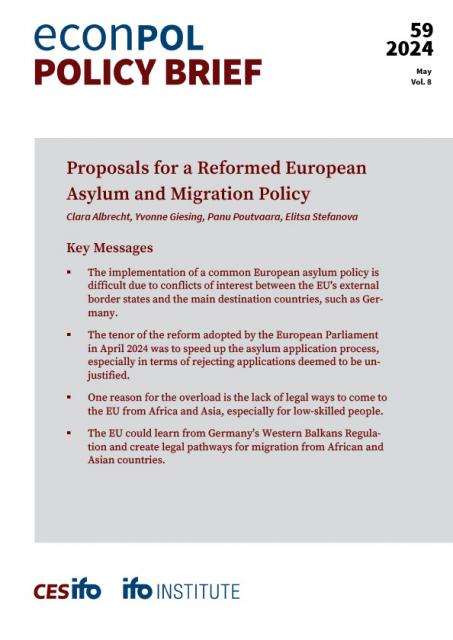
Demography, Employment & Migration
In a continent beset by ageing populations and a general reluctance to allow more immigration, policymaking must keep a keen eye on the dynamics between population trends, employment patterns, migration flows and the economic consequences and challenges arising from these demographic pressures. This EconPol section examines labor market dynamics, demographic change and its effects, employment trends, job creation, and the impact of technological developments on employment. The various forms of migration are a recurring theme, including international migration, labor migration, internal migration, and refugee movements, and the socio-economic implications for both sending and receiving countries.




